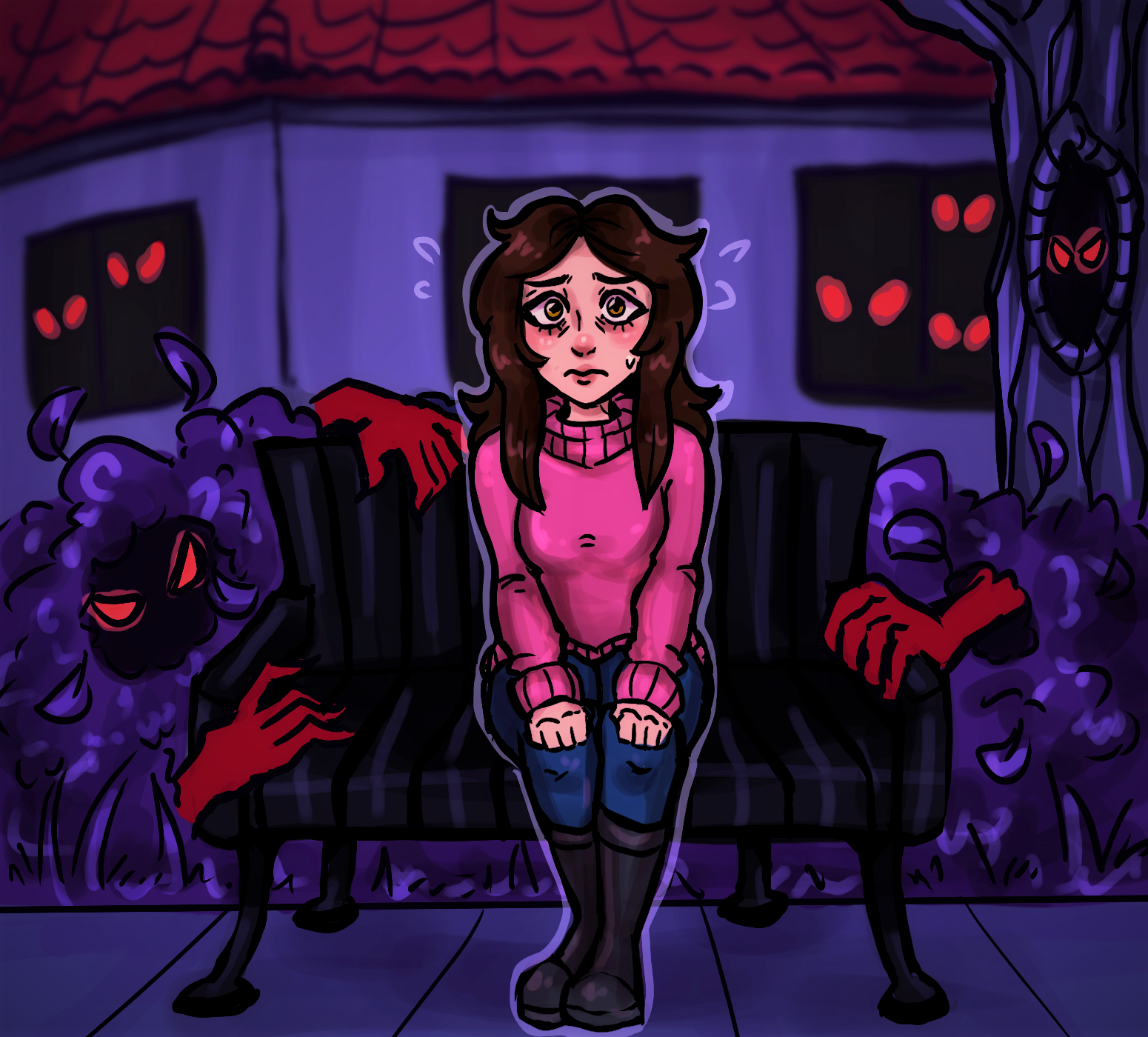Recent occurrences on Montclair State University’s campus have led many students to question the methods in place that are meant to keep them safe.
In October, The Montclarion reported on the increasingly prevalent issue of sexual harassment on campus when students came forward to share their experiences. Campus police’s response to the reports The Montclarion investigated seemed less than satisfactory, especially given the advice to “recognize that the problem is not lurking strangers” despite the fact that both reports discussed alleged harassment by strangers to the victims.
The administration claims to be planning a new approach to orientation in response to these incidents, where incoming students will be given time to focus on important topics and acclimate to college life before upperclassmen arrive on campus.
Dr. Dawn Soufleris, vice president for student development and campus life, explained that not all of the actions being taken regarding the cases can be made public due to the Family Educational Rights and Privacy Act (FERPA) regulations.
“If I come forward as a student and I say this happened, there’s a whole process that happens behind the scenes, but it is not public because it protects privacy,” Soufleris said.
Still, many students feel campus police haven’t done enough regarding their response to the sexual harassment cases. Miles Dean, a freshman psychology major, made a statement about an unnamed student his friend group has interacted with.
Dean alleged that this student has had several claims of harassment made against them but has not been removed from campus and will be returning in the spring despite the reports.
One student who spoke out said authorities claimed cameras weren’t working in the space where she was harassed, and even with her description of the assailant, nothing else was done.
If this is the kind of support students can expect after facing harassment or other forms of sexual crimes at Montclair State, then it’s no wonder students are upset.
Then, on Nov. 21, reports were made regarding a suspicious individual on campus, which sent students into a panic due to the assumption that the individual was possibly armed. Conflicting stories emerged regarding how campus police handled the emergency, with authorities insisting they did not send students into lockdown while some students said they were told to remain indoors for their safety.
In response to the rumor of a gunman on campus, which began circulating on social media following the false alarm, Montclair State President Dr. Jonathan Koppell elaborated on how students can be more proactive when it comes to interpreting information in stressful situations.
“I think, yes, we have to be good communicators, and we will be, but also people need to become consumers of information,” Koppell said. “I think this is part of the things, like, ‘Well, who did you hear this from? Was it from a credible source?'”
All things considered, today’s social climate on college campuses certainly doesn’t help ease tensions. With on-campus gun violence burdening the collective consciousness of students, it’s easy to assume the worst.
Still, students should feel obligated to look into reputable sources of information before circulating whatever they are hearing from others, especially in such stressful circumstances.
Whether a situation involves a potentially life-threatening emergency or not, frequent communication is only half the issue. Transparency is vital to matters of safety, especially on a large college campus like Montclair State.
More people means a higher risk of incidents occurring. While alert systems like RAVE are helpful for mass communications, interpersonal relations between campus police and students need to be more consistent when it comes to urgent information. With conflicting stories about whether the campus went into lockdown and concerns over the timeliness of the announcements made by authorities, it is clear that the situation could have been handled more smoothly by all.
Besides, alerts are not preventative measures, which some students feel are more effective. Cameras put in place to deter criminal acts need to work. Predatory behavior needs to be met with ramifications to deter others from acting similarly.
No matter what authorities or the administration claim is being done to address issues of campus safety, it is their actions that make the most impact and tell the campus population they are being cared for.



